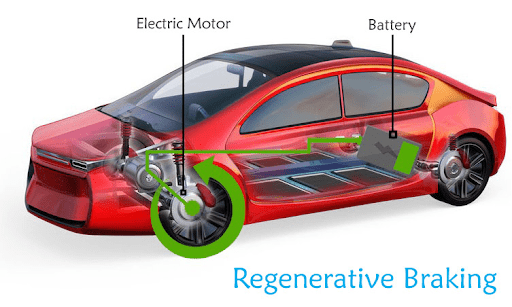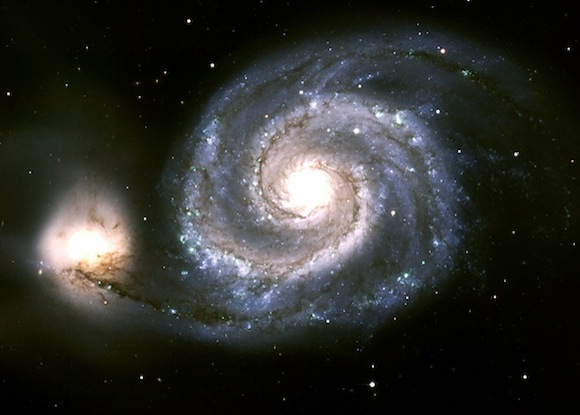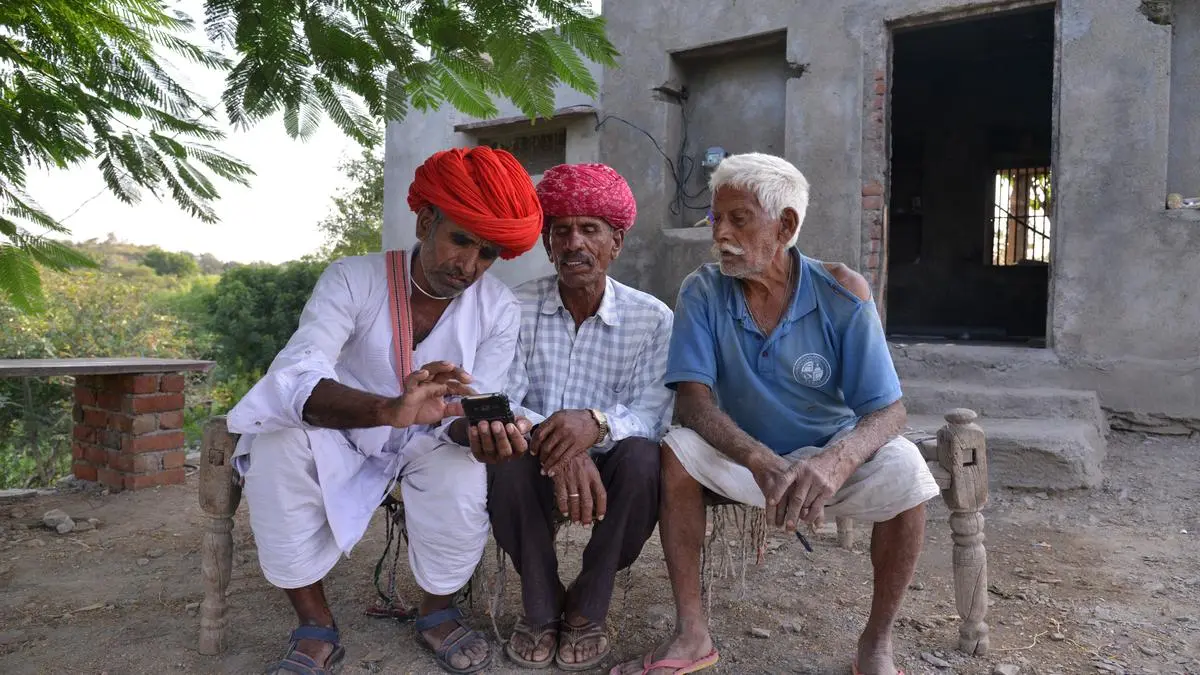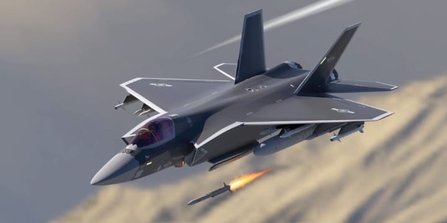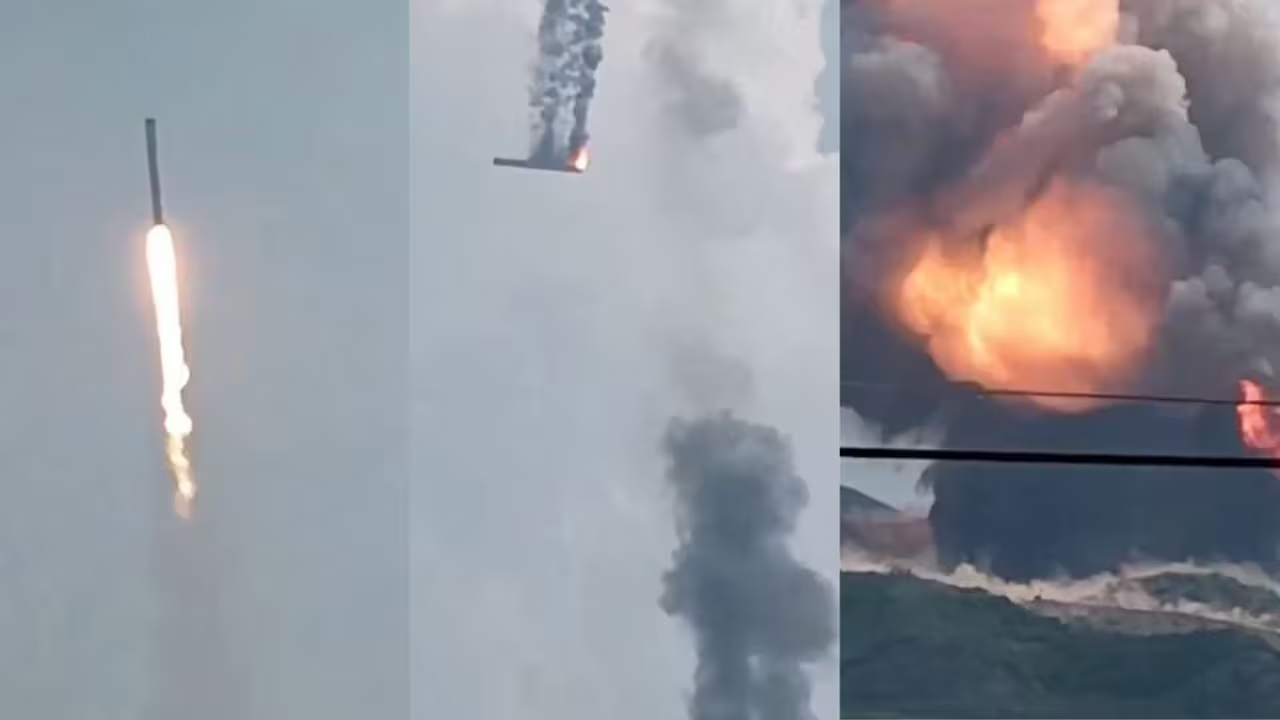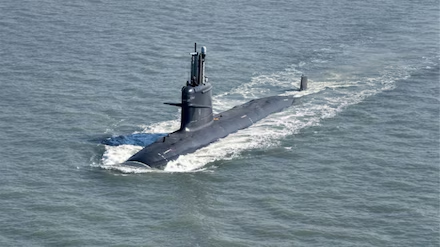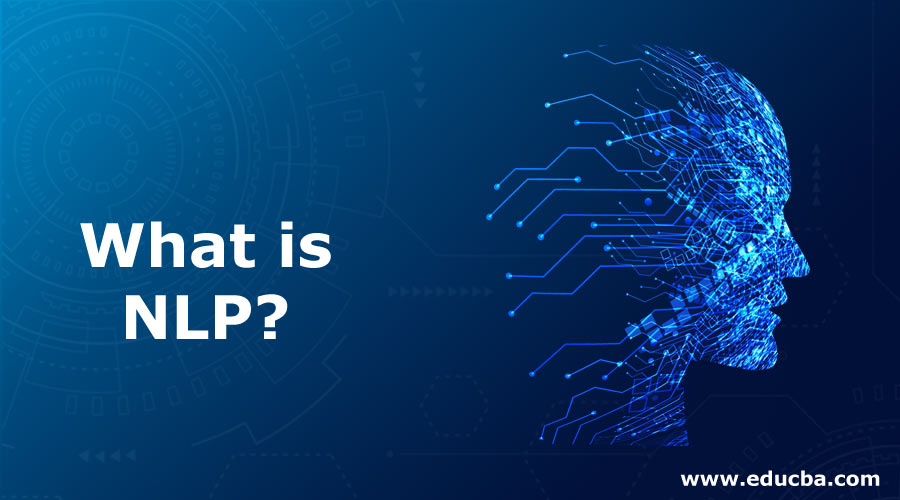The Hindu: Page 05
Syllabus : GS 3 : Science and Technology
Group Captain Shubhanshu Shukla and Group Captain Prasanth Balakrishnan Nair have been selected as prime and backup mission pilots, respectively, for the Axiom-4 mission to the International Space Station (ISS).
- This follows a joint ISRO-NASA initiative announced during Prime Minister Modi’s U.S. visit in June 2023.
- The mission will involve scientific research and technology demonstrations, enhancing cooperation between ISRO and NASA. Training begins in August 2024.
Note: Shukla will be the second Indian to go to space. So far, Wing Commander (Retired) Rakesh Sharma is the only Indian to go to space in 1984.
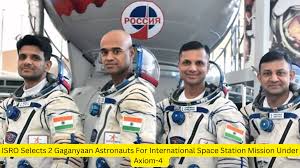
About Axiom-4 Mission
- The Axiom-4 mission is a private spaceflight to the International Space Station.
- It is operated by Axiom Space and used a SpaceX Crew Dragon spacecraft.
- The mission marks NASA's fourth private astronaut mission, organized in partnership with Axiom Space.
- The mission is part of NASA's broader strategy to transition low Earth orbit activities from government-led initiatives to a marketplace where NASA is one of many customers.
- It involves transporting astronauts to the ISS aboard SpaceX's Dragon spacecraft for a fourteen-day mission duration.
Crew:
- Peggy Whitson: A veteran astronaut with extensive experience, having completed multiple missions to the ISS.
- Sławosz Uznanski: A Polish astronaut joining the mission, marking a significant milestone for Poland in space exploration.
- Tibor Kapu: A Hungarian astronaut, adding to the diversity of the mission crew.
- Group Captain Shubhanshu Shukla: An Indian astronaut, making headlines as part of this international crew.
Mission Objectives:
- Commercial Space Endeavours:
• Axiom-4 aims to facilitate commercial activities in space, including scientific research, technological development, and space tourism.
• The mission will help demonstrate the viability of commercial space stations as a platform for business and innovation.
- International Collaboration:
• Axiom-4 is set to carry a diverse crew of astronauts from different countries, reflecting the growing international interest in space exploration.
• This mission will strengthen partnerships between nations and contribute to global space initiatives.
- Research and Development:
• The mission will support various scientific experiments and technological tests in the unique microgravity environment of space.
• Research areas include materials science, biology, Earth observation, and more, with the potential to yield groundbreaking discoveries and innovations.
Significance of the mission:
- It will help in increasing global access to space
- It will normalise living and working in microgravity.
International Space Station (ISS)
- The International Space Station (ISS) is a large spacecraft that orbits Earth in low-earth orbit, approximately 400 km above the Earth's surface.
- It serves as a space laboratory where astronauts conduct experiments in microgravity conditions.
Key Points:
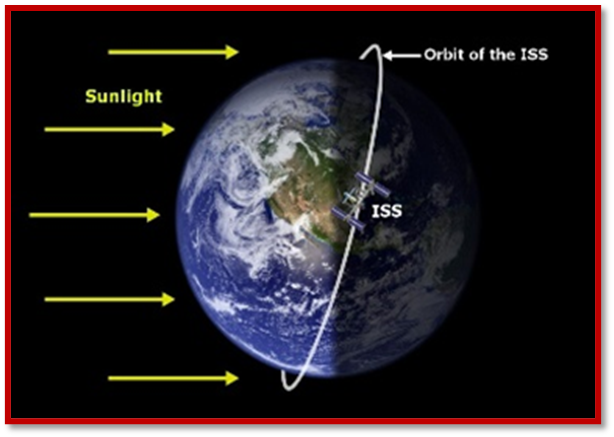
- Operational Status: Currently, the ISS is the only operational space laboratory. It has been continuously inhabited since 2000.
- Participants: The ISS is a collaborative effort involving five space agencies:
1. NASA (United States)
2. Roscosmos (Russia)
3. JAXA (Japan)
4. ESA (Europe)
5. CSA (Canada)
- Orbit and Speed: The ISS completes approximately 16 orbits around the Earth daily, with each orbit taking about one and a half hours.
- Purpose: It serves as a platform for various scientific experiments, space exploration studies, and technological advancements in a zero-gravity environment.
UPSC Prelims PYQ : 2016
Ques: The Mangalyaan launched by ISRO:
1. is also called the Mars Orbiter Mission
2. made India the second country to have a spacecraft orbit the Mars after USA
3. made India the only country to be successful in making its spacecraft orbit the Mars in its very first attempt
Which of the statements given above is/are correct?
(a) 1 only
(b) 2 and 3 only
(c) 1 and 3 only
(d) 1, 2 and 3
Ans: (c)
